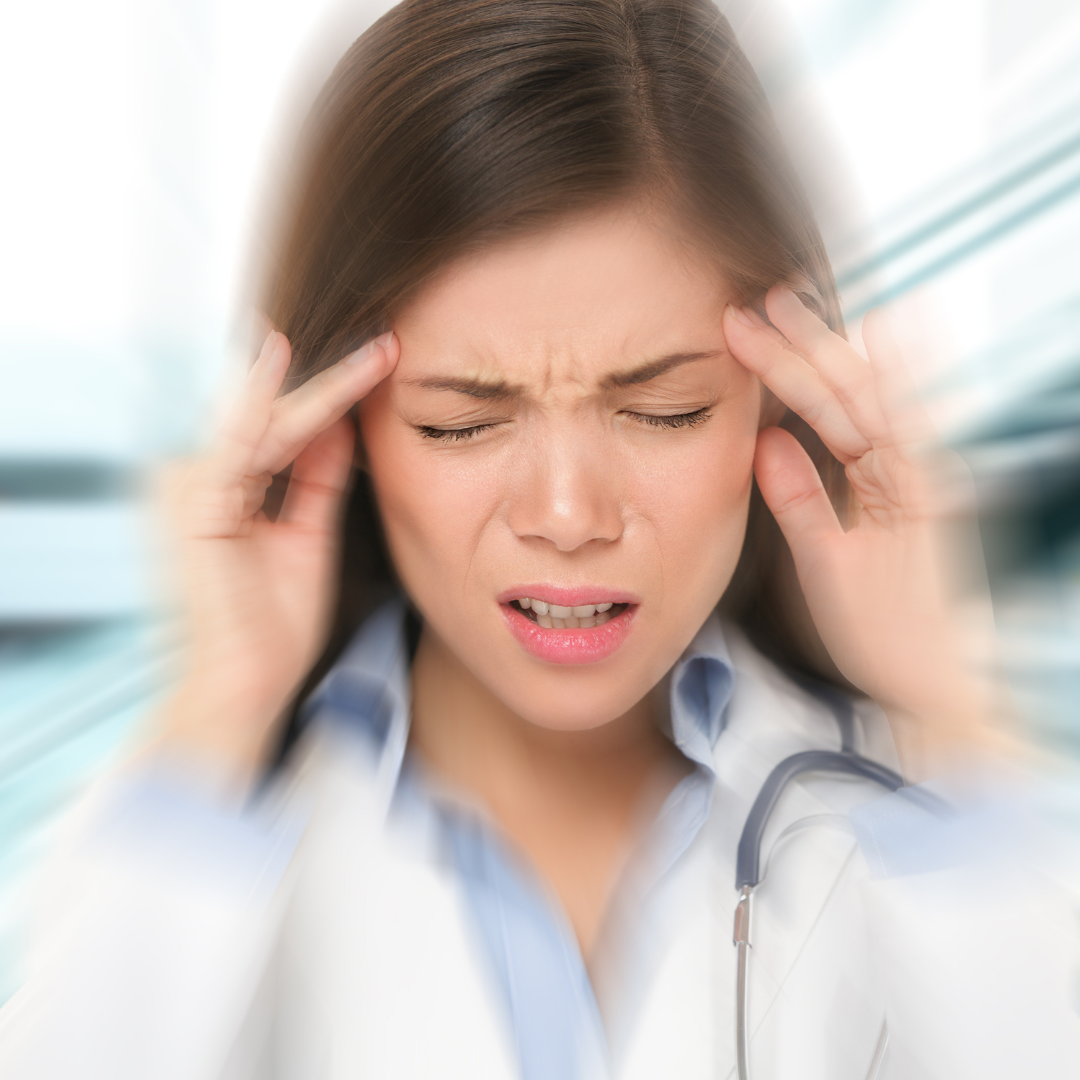It’s highly probable that you, or someone you’re acquainted with, is affected by migraines. A staggering 12% of people globally suffer from migraines. Delving deeper into these stats, 18% of this figure are women while men account for 6%. Migraines rank as the third most common medical issue worldwide. Shockingly, one out of every four homes has someone grappling with this condition. A compelling 90% of those afflicted have other family members who’ve suffered similarly.
Migraines predominantly plague individuals between the ages of 18 and 44, often with additional symptoms besides the typical headache. These headaches are incapacitating for about 90% of those affected, rendering them unable to perform regular tasks. In the U.S. alone, a person seeks emergency care due to a migraine every 10 seconds.
Varieties of Migraine Headaches
Migraines manifest in multiple forms:
- Migraine with Aura: Characterized by the presence of an aura, such as sudden light flashes, vision distortions, or blind spots. Some may also grapple with numbness or speech challenges.
- Migraine without Aura: The predominant kind, enduring between 4 to 72 hours. This category constitutes 75% of migraines and is frequently accompanied by symptoms like nausea, vomiting, and mood shifts.
- Cluster Headache: Renowned for being excruciatingly painful, it usually strikes abruptly with severe pain focused around one eye. This pain can spread across the face and head. Its duration varies, potentially lasting weeks or even months.
- Tension Headache: Fairly common, it feels like a constricting band around the head. Affected individuals often complain of tender scalps, pain in the shoulders, and a continuous dull headache.
Migraine Causes
Migraines have puzzled medical professionals and researchers for years. While the exact cause of migraines remains elusive, various theories and proven triggers have been identified. At the core, migraines are believed to be the result of abnormal brain activity affecting nerve signals, chemicals, and blood vessels within the brain.
Genetic factors play a role, given that individuals with a family history of migraines are more likely to experience them. External triggers, ranging from hormonal changes (often observed in women during their menstrual cycle), to certain foods, beverages, stress, sleep disruptions, and even environmental factors like bright lights or sudden changes in weather, can also precipitate a migraine episode.
Additionally, sensory overstimulation, excessive caffeine intake or withdrawal, certain medications, and even intense physical exertion have been linked to the onset of migraines. While the exact pathway to a migraine may differ from person to person, understanding these potential causes is crucial for prevention and effective management.
Migraine Treatment
A significant number of chronic migraine patients rely on daily preventive medicines to curb the frequency and onset of their headaches. While these are largely effective, unpredictable flare-ups might still arise, necessitating alternative treatments.
At Tennessee Hydration & Wellness, our treatments addressing migraines in a way that conventional home remedies can’t curb. If you’re wrestling with a familiar migraine flare-up, we’re here to help.
Our Headache Relief IV Drip is a blend of hydration therapy paired with magnesium, and B complex, both have been proven to notably reduce migraine severity. For an extra punch, add non-addictive Toradol for pain relief and Zofran for anti-nausea.
We welcome scheduled appointments and a walk-in. Our dedicated professionals at are committed to ensuring your migraines remain under control and don’t disrupt your quality of life.


Be the first to comment